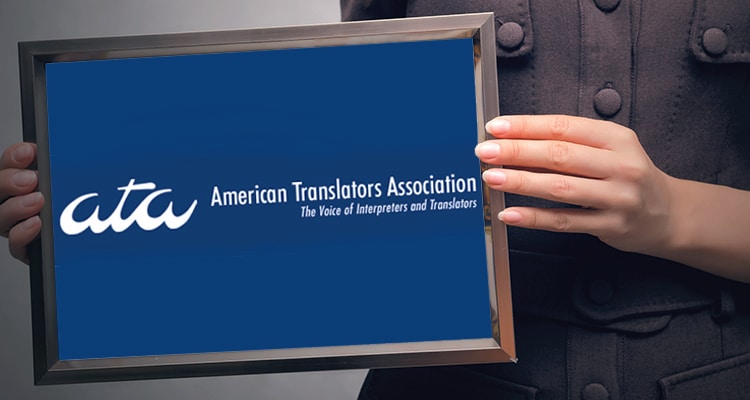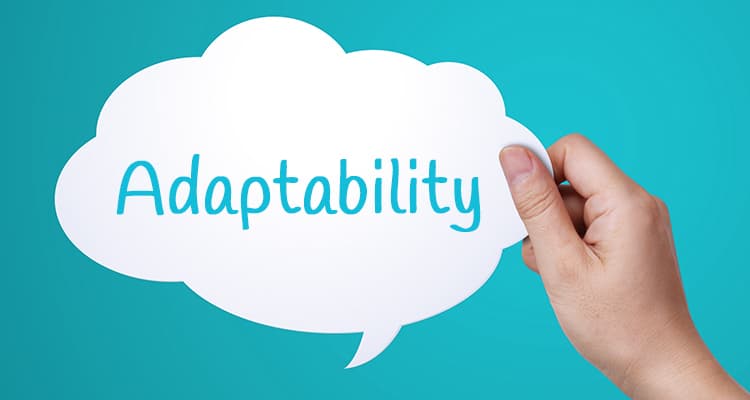In business now, every country can be your market. It’s possible to target anyone you want in the world. Online communication through various channels like social media, instant messaging, and more transcended how we do business today.
But this is easier said than done. There are various challenges, and language is one barrier that’s hard to overcome. Just setting up a business in another country requires you to understand their business language, especially if it’s not English.
As a career with a lot of online job opportunities, that’s where translators and interpreters come in.

What Do Translators and Interpreters Do?
Basically, translators and interpreters are native speakers of a specific language who can translate oral or written communication to another language.
They analyze these communication pieces to reflect the proper context. And it’s crucial for understanding business decisions, contracts, briefings, recorded media, and more.
The main difference is interpreters translate oral communication while translators delve into written ones. But most can do both if they have the skills.

This is the average salary for translators & interpreters, depending on the skill level.
What are the skills you need, you might ask? Here are 9 essential skills you should have to become an in-demand interpreter or translator.

Excellent Oral and Writing Skills in Both Languages
Whether you are translating or interpreting, you should be adept in both languages. What are the grammatical rules to be used? Based on the context, should you use formal or informal ways of communicating? Are there words and phrases that don’t have direct translations?
You should be an expert with these nuances and factors to create the best possible translation for your clients.

Reading and Oral Comprehension
Languages have different meanings depending on the context. And sometimes, direct translations would not elicit the right sense.
With the rules in mind, you have to analyze the phrases and sentences correctly. You should have reading and oral comprehension to find the right interpretation of the target language.
Understanding of Cultural Differences
On top of the grammatical rules, you should also be familiar with the cultural implications of specific phrases. And it goes both ways. For example, some phrases can be directly said to western cultures, but they might come offensive to Asian countries.
As a translator, you should be wary of these cultural nuances to avoid unnecessary miscommunication. After all, you are the bridge between their verbal or written connection.

Adept Computer Skills and Knowledgeable about CAT Tools
Would you like to multiply your productivity? With technology today, you can increase your output by becoming adept in computer skills and CAT tools. Computer-aided translation or CAT tools are software that can make your research and translation faster. You can check these 5 CAT tools to aid your career.
And of course, you should be well-versed in computer applications and fast in your typing. In this way, you can give the best performance possible to your client.

Research Skills
Do you know all the words and phrases in a specific language? Unless you are a walking dictionary, you will likely miss some words, phrases, and idioms in your lexicon. It’s the time where your research skills come in handy.
You should be equipped with the techniques to find data over different mediums like google, forums, Reddit, scholarly repositories, and more.

Sound Translation Judgement
Sometimes, you can’t really find the perfect translation for words even if you search the web. It might be because of the context or how unique the word is. So, how do you go about it?
Of course, you don’t leave it blank! You need to have a sound translation judgement to fill up the missing phrases. Based on the context, what do these phrases mean? How can you relay it that your client would understand?
Use your judgement to weave words they can grasp without diluting the meaning.

Get Certifications if Applicable
To further prove your capabilities, you can opt for certification from reputable institutions. One institution is the American Translators Association. It’s an organization that aims to recognize professional interpreters and translators.
Also, there are industry-specific certifications like “CMI” for Certified Medical Interpreters. Depending on the field you specialize in, you may also want to get certified for more credibility.
Adaptability
The world is ever-changing. Languages are evolving. There are words coined every day. New phrases are spoken. And cultural conversation may differ per generation. Heck, in the future, there might be AI that can be conversant in translating real-time.
You should be able to adapt to the changing times. You should be up to date with the innovations in your field. In this way, regardless of what happens, you will be relevant to your customers.
Conclusion
Are you ready to become the best in the translation industry? With the essential skills above, you are certainly on your way to the best remote working career possible. If you are looking for opportunities in this field, check out our multilingual communication services jobs to find out more. Cheers!




